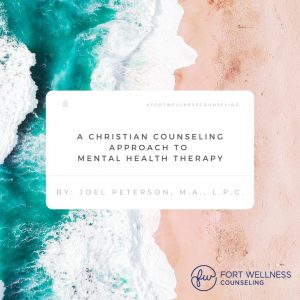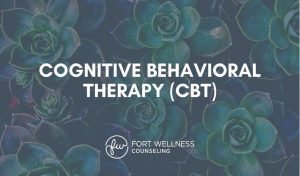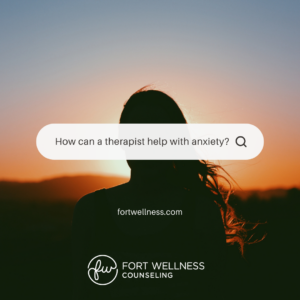Over the years, I’ve come to understand that for some people, walking into a doctor’s office can feel unsafe. Sometimes, even terrifying.
After a difficult healthcare experience, patients can experience what we call medical trauma. However, they don’t always recognize it as trauma at first. Indeed, medical trauma isn’t always obvious. It can be subtle, like the dread you feel before a routine check-up, or avoiding healthcare visits altogether because the thought of being in that vulnerable position feels overwhelming.
These feelings, though, are common. In today’s article, we’ll explore what medical trauma really is, how to recognize its symptoms, and discover ways to begin healing.
What is Medical Trauma?
Medical trauma is a physical or psychological response to situations linked with healthcare experiences or medical issues. Essentially, frightening experiences at doctor’s offices (like uncomfortable procedures and painful treatments) can make us dread future visits. For instance, losing a loved one at a hospital can make you want to avoid going into hospitals.
In fact, research by the National Library of Medicine found that healthcare service providers can unintentionally traumatize or re-traumatize their patients. However, it’s important to remember that there are ways to start healing from medical trauma caused by difficult healthcare experiences. Let’s talk about how medical trauma manifests and how to begin healing.
Psychological Health Effects of Medical Trauma
What makes medical trauma unique is that the threat doesn’t come from an outside event, but from within your own body. This is why feelings of danger don’t go away after the hospital visit is over. (Especially for those undergoing long-term illnesses or life-altering treatments).
Trauma can come from experiences like a stay in the ICU, giving birth, or receiving poor treatment. And even after the medical event has passed, feelings of anxiety, hypervigilance, numbness, or dissociation can linger.
6 Ways to Heal from Medical Trauma
If this topic resonates with you, here are six practical ways to start the healing process:
1. Mindfulness
Slowing down your racing thoughts and fidgeting body during or before a medical visit can help relieve stress and fear. One way to do this is by practicing mindfulness, which involves staying present in the moment. Also, try breathing exercises, like the 4-6-4 method (inhale for 4 seconds, hold for 6 seconds, exhale for 4 seconds). Try to think of your body’s activity on a volume knob, and work on slowly turning the volume down. It will make it less daunting if you try to do it just 1% at a time.
2. Socialization
All too often, people going through medical trauma isolate themselves. Although it can be hard at first, reaching out and maintaining connections with trusted family or friends can help heal your fears.
3. Physical Exercise
Engaging in physical activity is a great way to relieve stress. Best part about exercise is that it can be free! It’s always a smart idea to talk a physician or a Physical Trainer, such as my colleagues over at Dalton Wellness, about the best forms of exercise for your body and needs.
4. Trauma Support Groups
These communities are sources of strength for so many survivors of medical trauma. These groups can provide valuable resources, information, and meaningful connections with people going through similar experiences.
5. Sleep
Getting enough sleep helps restore your body and mind. Sleep deprivation, or not getting an adequate number of hours of rest, can be a result of medical trauma. So, when healing from difficult healthcare experiences, try to get a good night’s sleep every day.
6. Therapy and Counseling
Finally, trauma-informed care through therapy and counseling with a mental health professional can significantly help the healing process. Understanding medical trauma and the impact of Adverse Childhood Experiences (ACEs) serves as an excellent starting point for recovery.
Most importantly, creating a safe and supportive environment where every single person feels seen, heard, and truly safe remains our ultimate priority.
Medical Trauma: How Seeing a Therapist Can Help
If you’re struggling with anxiety due to medical trauma, counseling could be a great solution.
Our experienced therapists in Fort Worth can help you understand what specifically causes your medical trauma and guide you through effective ways to begin healing from it. Additionally, we’ll provide you with easy-to-follow practices and strategies to help you feel comfortable and safe in any medical situation moving forward. Please don’t hesitate to take care of yourself! We also have several resources readily available for a multitude of healthcare professionals that we rely on and trust as well.
And we know even scheduling a medical appointment can be tough, so just think of it as planning a chat. Connect with us and book an appointment with our team when you’re ready. Whether with us or another provider in town, give therapy a try!

























































































